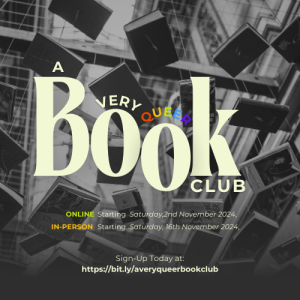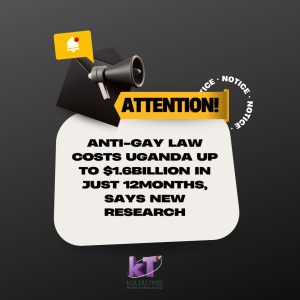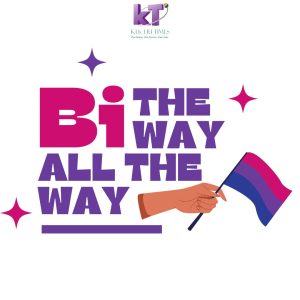On 18th October 2018, the queer community all over the world commemorated Spirit Day by raising their voices in unison against bullying. Human Rights Defenders, LGBTI rights activists and allies also showed their solidarity through participating in the most visible anti bullying campaign that was initiated by Gay and Lesbian Alliance Against Defamation (GLAAD). In Uganda, Sexual Minorities Uganda (SMUG) used its social media forums to advocate against cyber bullying. Victims shared personal experiences about online peer victimization based on their sexual orientation. Henrie narrated, "My so-called best friends would tease me about my appearance. This teasing eventually led to harsh words exchanged over Facebook which turned into serial cyber bullying. The bullying ended when I blocked them and deactivated my Facebook account. I felt like I needed new friends- a new space. I used to say to myself, 'I never chose my face. I never wanted to look more like girls.' "
Several gay and bisexual men that have been targets of cyber harassment confirm that the perpetrators utilize social media platforms, text messages, emails including other digital tools to post and share negative content about the way they choose to relate, making homophobic remarks that mock their looks and mannerisms especially if they are visibly feminine. These are often followers (either well known acquaintances or strangers) who verbally insult and call them all sorts of obscenities that demean and undermine their masculinity. Online bullying is harmful. It limits one's rights to privacy, security, access to information, expression and association. That's why many resolve to use pseudo accounts online to help conceal their identities, otherwise they risk being outed against their will by their followers.
Cyber bullying hurts the victims' online presence and easily damage their reputation permanently even offline. Some perpetrators send anonymous private messages and emails with the intent to blackmail or extort the victims. These people threaten to ruin their lives and those of their families unless they get what they want. In the long run if it is repetitive, online harassment can foster feelings of insecurity, vulnerability and self-loathing which can even prompt suicidal ideations. Such incidences in Uganda are not reported because the authorities will barely intervene. Therefore, the victims choose to ignore it.
However, silence shouldn't be an option. Denis Wamala, a Human Rights Defender advised that, "People being bullied need to stand up to these bullies who are mostly cowards." The LGBTI community must continue to speak out against this abuse by sharing information about the impacts and how to overcome it. The elimination of cyber bullying will enable gender and sexual minorities live their authentic lives and enjoy a safe space without being afraid while they use the internet. For cases of persistent threats to cause physical harm, it is advisable that victims keep a record by saving screenshots as proof if anything happens. Henrie advised, "If you are being bullied online, the best thing to do is to block the perpetrators or just find a different social network." Better still, you can report the bullies' accounts to the respective social media sites so they can be blocked. This will help cut off all communication with the abusers and those that wish to attack you.
Upgrading one's own private settings offers extra protection of an individual’s social media accounts. And victims who have lived through traumatic online experiences can seek psychological support to regain healthy self-esteem.




